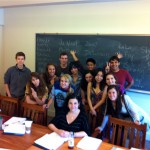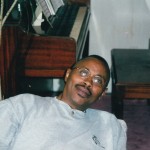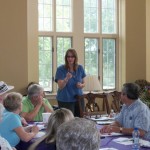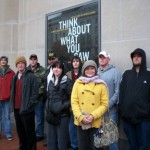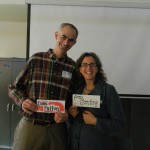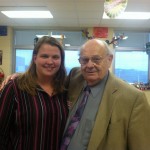5 Chimneys and Gender and the Holocaust
Forums › 2023 Summer Seminar › Five Chimneys 2023 Summer Seminar Responses – OPTIONAL › 5 Chimneys and Gender and the Holocaust
-
AuthorPosts
-
-
June 20, 2023 at 1:29 pm #31895
This was my first time reading “5 Chimneys” and I was deeply touched by Lengyel’s account. I am interested in how gender shaped peoples’ experiences before, during, and after the Holocaust. Lengyel’s position as an upper middle class, assimilated Jewish woman, daughter, mother, and medical professional deeply affected the challenges she confronted, the choices she made, and ultimately her survival. Memoirs and diaries written by women describe sex, pregnancy, abortion, sexually transmitted infections, menstruation, anxiety about hair, appearance, and identity. They describe how their socially-constructed relationships and obligations based on their identities as women/mothers/daughters shape their decision-making in times of crisis. We see this in German Jewish women’s responses to encroaching Nazi laws in the 1930s (Marion Kaplan, “Keeping Calm and Weathering the Storm”), Lengyel’s attempts to keep her family together both after her husband’s arrest and upon arrival in the Lager, and Etty Hilseum’s drive to become the “beating heart of the barracks” in Westerbok. Similarly, the underlying bonds that created female friendships in Lengyel, Perl, Hilsuem, and Delbo’s work focus more on networks of women’s social relations than the 1:1 relationships highlighted in Levi (Survival in Auschwitz, Drowned and the Saved), and Weisel (Night). Perhaps it is because of their medical training, out of all the accounts I have read, only Lengyel and Perl have written openly about sex in the Lager – trading sexual favors for food and other goods, sexually transmitted infections, the power dynamics between non-Jewish prisoners who had more focusing on Jewish prisoner/slaves who had less, pregnancy resulting from sex, and abortion. There is so much here.
These accounts demonstrate that when the dominant voices of histories, especially traumatic histories, are only male, they shaped an assumed-to-be “universal” narrative that ultimately silences women’s experiences under the overwhelming pain and trauma. This is as true about the history of slavery in the US, the treatment of indigenous communities and Indian Boarding Schools, the history of colonialism in European and World historical contexts, and the Holocaust. I feel deeply honored to have read “5 Chimneys”, to give voice to Lengyel’s experiences, and to add them to the growing chorus. I plan to add excerpts from 5 Chimneys into my Holocaust unit next year.
-
-
AuthorPosts
- You must be logged in to reply to this topic.
Recent Replies
Recently Active
-
Active 1 day, 7 hours ago
-
Active 1 day, 11 hours ago
-
Active 2 days, 8 hours ago
-
Active 3 days, 3 hours ago
-
Active 3 days, 8 hours ago
- View All Members

